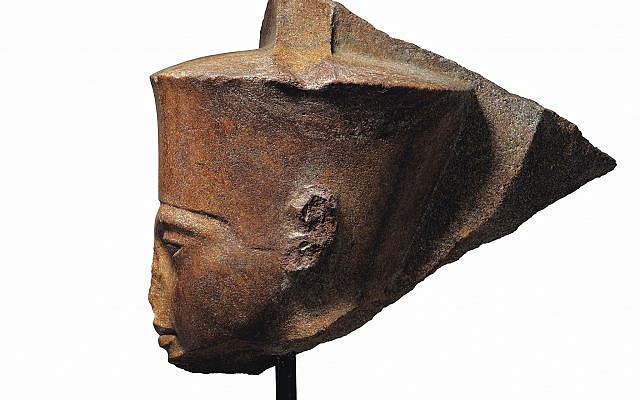
Japan's top court will rule this week on a pair of 19th century family laws that critics blast as sexist and out of touch.
The Supreme Court will weigh in on the legality of a six-month ban on women remarrying after divorce and another law that requires spouses to have the same surname, in a highly anticipated decision set for Wednesday.
The court will decide whether to uphold, amend or strike down the controversial legislation, which dates back to an era of starkly different social mores.
The half-year remarriage ban is linked to complex rules over the timing of a child's birth after divorce -- designed to determine whether a child belonged to the ex-husband or the new spouse's family in an era before DNA testing.
The surname rule is a throwback to Japan's feudal family system, in which all women and children came under the control of the head of household -- traditionally a man.
"Even if the feudal family system is long gone, many people still have the image of a woman marrying into the husband's household," said Waseda University law professor Masayuki Tanamura.
That system was abolished in 1948, part of broad reforms pushed by the post-World War II US occupation, but Japan's civil code maintained the two articles -- which will go before the court this week.
Activists say the laws are a continued reflection of the country's male-dominated society more than a century after they came into effect.
- Judicial tango -
Mother and activist Masae Ido knows firsthand the implications of the half-year ban on remarriage.
"These laws mean a woman remains under a man's sexual control even after divorce," Ido, 50, told AFP.
She vividly recalls her frustration after the birth of a child with her second husband.
A municipal official said her ex-husband must be registered as the father of her baby -- who, under the rules, was born too soon after they divorced -- even though he was not biologically related to the child.
A long and difficult split left Ido feeling unable to ask the former husband to publicly acknowledge the child as not his, so she had to sue her new spouse in a judicial tango to fix the paternity puzzle.
"My child was finally registered after this bizarre legal procedure," said Ido, now an activist helping those in similar situations.
Some western countries have also had similar laws. France, for example, in 2004 abolished a requirement that women wait 300 days before remarrying.
The situation in Japan has left some people -- possibly tens of thousands -- in a state of legal limbo because they end up unregistered in either family, which can make it tough to get a permanent job or receive social services.
The Supreme Court hearing comes at a tricky time for conservative Prime Minister Shinzo Abe, who has repeatedly declared his intention to boost the role of women at work as part of his broader bid to kickstart the economy.
Calls to strike down the 1898 laws have been met with an outcry from conservatives, including inside Abe's Liberal Democratic Party.
They argue that overhauling the current system would shake the foundation of traditional families.
Those on the other side of the debate say the laws are simply outdated.
"It is clear that neither rule fits with contemporary times," the left-learning Asahi newspaper said in an editorial last month.
Many Japanese women want the common-surname rule to be ditched in favour of choice, as in most advanced nations, though currently a total of 96 percent of females take their husband's name.
A survey by the leading Nikkei business daily this year showed that 77 percent of working women support the idea.
Broader opinion, however, is narrower.
A poll by public broadcaster NHK last week showed that 46 percent support being able to choose their surname while 50 percent think a couple should use the same one.afp























































